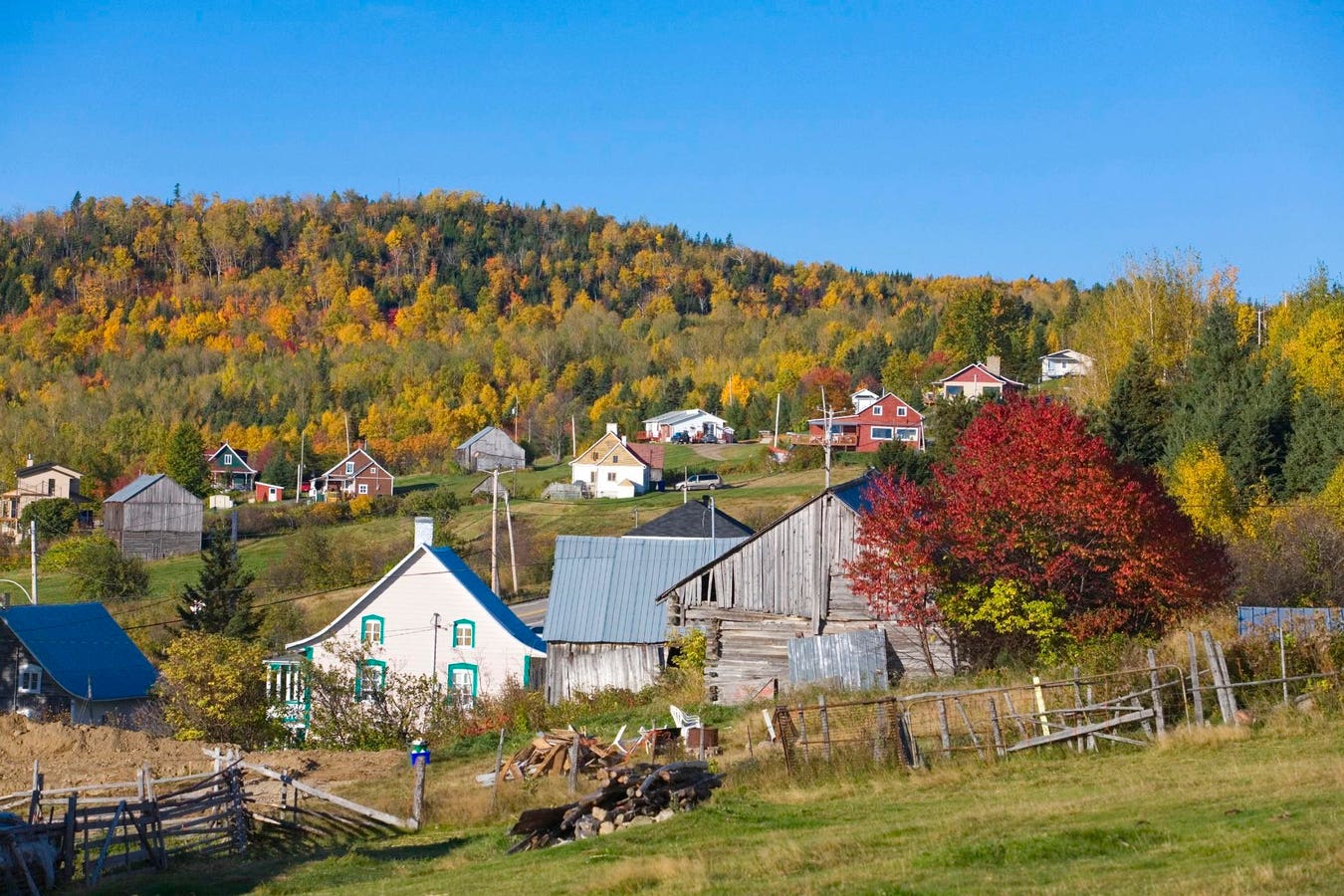When Madeline Dufour first decided to make a spirit out of leftover whey, a byproduct produced during cheesemaking, people doubted her ability to succeed. In fact, they thought she was wasting her time.
“My instructor at the spirits-making institute where I was training looked me straight in the eye and told me, ‘Good luck with that.’ He thought I would soon be back with my tail between my legs. Well, he was wrong. We knew that the journey behind our project to create a sustainable circular economy on our farm would never be simple, but my family and I are always up for a challenge when a project aligns with our philosophy. Our spirits fans have embraced our Whey Eau-de Vie, and we are very thankful for that.”
It was 1994 when Maurice Dufour and Francine Bouchard, Madeline Dufour’s parents, decided to start making artisanal cheeses in the Charlevoix region northeast of Quebec City, Canada. No one was making cheese in the region, and many people questioned the couple’s decision to move into the countryside to pursue such an endeavor. But they were onto something.
At that time, the area was quietly becoming known for its budding agritourism industry, which was forming around the region’s numerous small farms. Situated beside the broad Saint Lawrence River in a bowl-shaped depression, the area has been home to farmers since the 17th century.
Starting with a few cows, Famille Migneron de Charlevoix began producing artisanal cheeses that soon garnered national attention. In 2002, their Migneron de Charlevoix, a semi-firm cheese, was named the Grand Champion of Canada. These days, their cheeses are much sought after and are featured on the menus of many of Canada’s finest restaurants.
As Famille Migneron de Charlevoix grew, they looked for other ways to expand business while staying true to their sustainable farm-to-table ethos. One way was to dive into winemaking. Maurice Dufour planted his first grape vines in 2009 and today has over 16,000 vines growing a variety of grape types in an area known for its cold, long winters and short, stunning summers.
Marketed under the name Charlevoyou, a playful expression that roughly translates from French as ‘Chalevoix residents are bad-asses,’ according to Madeline Dufour, their cool-climate wines have become an integral part of their business. Certified organic by Ecocert Canada, their Charlevoyou wines showcase hand-picked grapes from their Nordic-style vineyards. Using native yeasts, their wines showcase the unique local terroir only found in the Charlevoix region.
Their lineup includes Méthode Traditionnelle, a sparkling white; Rosé of Radisson/Ste Croix; Oscéola Muscat, a light white wine; and Lambruscool, a Lambrusco-style red. In addition to those bottles, they offer several seasonals, including a canned Cidre and white wine.
Due to the success of their wines and cheeses, Famille Migneron de Charlevoix decided to enter the spirits industry. Each year, they generated tons of leftover whey from their cheese factory and a fair amount of pomace (a blend of grape seeds, stalks, and stems) from their winemaking. If they could convert that waste into spirits, they would tighten their sustainability loop and generate more profits for their farm.
It quickly became a passion project for Madeline Dufour, the daughter of the farm’s founders. Both she and her older brother Alex were raised on the farm and now run the enterprise. Plucky, with a never-say-never attitude, she knew that they could create something unique in a valley filled with locavore producers, including craft brewers and tomato and honey winemakers.
They built a small distillery on site in 2016, and she began to experiment in her downtime. As Madeline Dufour refined her distilling techniques, her passion for innovation grew. Her creations highlight the local ingredients found in Charlevoix and on their farm. Focusing on using the natural byproducts from their farm, they now offer a selection of distinctive spirits.
Their portfolio includes aged spirits, grappas, liqueurs, RTDs, and the aforementioned Whey Eau-de-Vie, a clear whey brandy with sweet undertones that became the brand’s first product sold outside Quebec with distribution in New York. What began as a way to manage waste has turned into a line of spirits that is gaining fans. Today, Famille Migneron de Charlevoix’s distillery is yet another symbol of resilience and creativity from a family that continues to surprise.
Follow here for the most up to date information about the ever changing beer, wine, and spirits industry.
MORE FROM FORBES
Read the full article here





